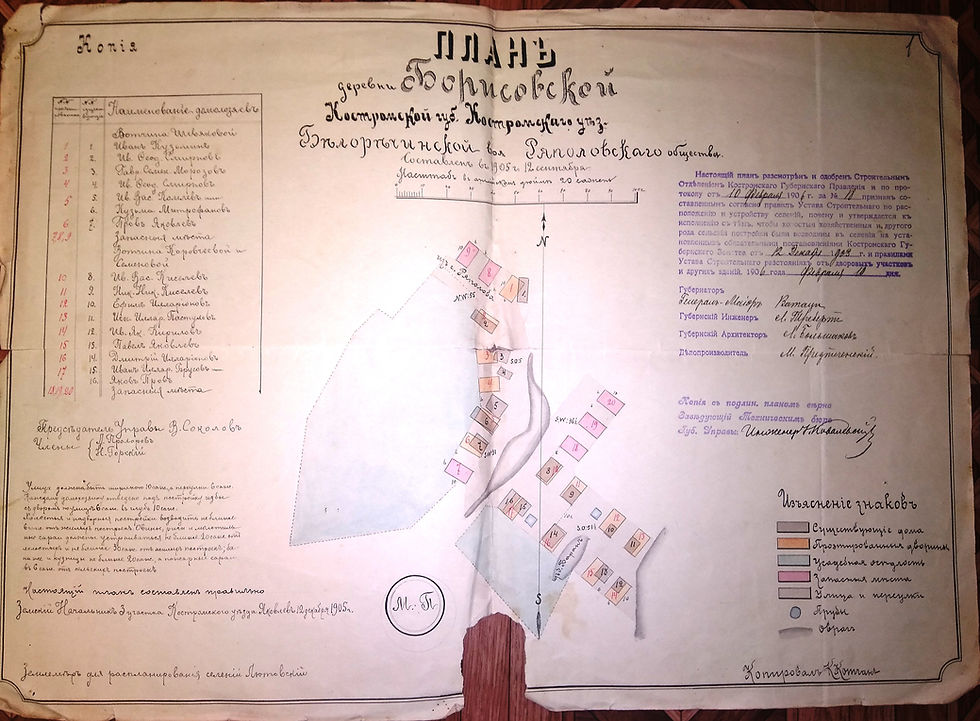11 questions you ask us about apostilles
- Yelena McCafferty

- Mar 1, 2024
- 3 min read
An apostille is not something British authorities often require, however, if you were to submit documents to foreign organisations, some insist that documents are not only translated into the language of that country but apostilled as well.
What is an apostille?
An apostille is an internationally recognised certification of a public document confirming the authenticity of the seal or stamp on the document and/or the signature and capacity of the signatory. The process of affixing an apostille is regulated by the Hague Convention 1961 and official documents with an apostille are accepted in all countries that are parties to the convention without additional diplomatic or consular legalisation.
Does the apostille and legalisation mean the same thing?
In the UK legalisation means exactly that: affixing an apostille to a document.
Where can we have a document apostilled?
An apostille can be affixed to an original document only in the country that issued this official document. In the UK, the authority responsible for issuing apostilles is the Legalisation Office.
Can absolutely any document be apostilled?
No. When you go through an order process on the Legalisation Office website, the first thing you will do is check whether your document can be apostilled. This is easily done by searching for the name of the document using keywords.
Does the UK issue electronic apostilles?
Apostilles are usually affixed to original documents posted to the Legalisation Office and you get your apostilled documents back by post too. However, since recently some types of documents qualify for an electronic apostille as well, with the exceptions of documents from register offices (birth certificates, marriage certificates, death certificates, adoption certificates, etc.), DBS certificates and ACCA certificates of membership.
How quick is the legalisation process?
The Legalisation Office advises you of the timescales at the time of your order, and they depend on how busy the Office is, it usually takes longer over a Christmas holiday season, for example. On average, your document with an apostille is returned to you within 5 working days.
Can a document copy be apostilled in the UK?
It can if this copy has been certified as true by a British solicitor or notary.
Your notary offers to have a notarised document apostilled for you. Is it more efficient than sending the document to the Legalisation Office directly?
It’s up to you. Notaries usually charge an additional fee for this service, and all they do is post the document to the same Legalisation Office, something you can do yourself.
Can our translation be apostilled?
Certified translation completed by us can be apostilled if we sign it before a solicitor or notary who countersigns it. The translation can then be sent for an apostille.
Are there any organisations in the UK that require an apostille?
UK authorities do not customarily require an apostille on foreign-issued documents. However, this practice does not apply to all countries. The Russian Consulate in the United Kingdom, for example, requires that all foreign documents should have an apostille and be translated into Russian. The Italian Consulate in London also insists that for Schengen visa applications Russian documents have a Russian apostille.
How can I have a Russian document apostilled if I don’t plan to visit Russia in the near future?
If you need to have a document issued in Russia apostilled and you can’t travel there in the foreseeable future, you can request a duplicate document from Russia through the Russian Consulate, specifying that it is required with an apostille. Typically, you can collect it from the Consulate 2-3 months later.
If you require further information about apostilles, please email us at enquiry@talkrussian.com or call/WhatsApp: 0207 0436940, we are happy to give advice and complete translations for you if you require the translation service as well.








Comments